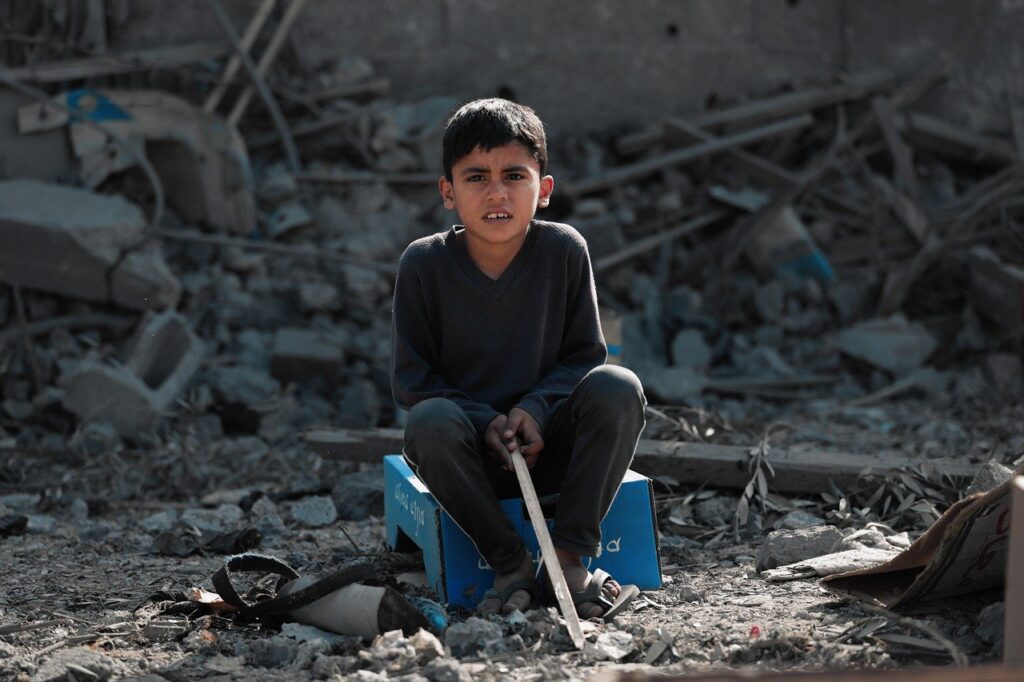Key Takeaways
- Turkey has intensified its fight against irregular migration, apprehending over 1,600 migrants and dozens of smugglers in its latest nationwide operation.
- The “Shield-32” operation involved more than 29,000 personnel inspecting nearly 6,000 locations, including abandoned buildings and transport hubs.
- Turkey remains a key transit point for migrants aiming to reach Europe, facing dangerous journeys and exploitation by smugglers.
- Hosting over 4.4 million foreign residents, Turkey provides temporary protection to over 3.1 million Syrians.
- Renewed talks with Greece could revive the 2016 EU-Turkey migration agreement, potentially reshaping regional migration policy.
Interior Minister Ali Yerlikaya has announced the detention of 1,626 irregular migrants and 55 smugglers as part of the comprehensive “Shield-32” operations. This significant step reinforces Turkey’s ongoing efforts to tackle irregular migration—a pressing issue that has shaped the country’s border policy for years.
Numbers Speak: Scale of the Operation
With over 29,000 security personnel involved, inspections covered nearly 6,000 locations nationwide, from abandoned buildings to major transportation hubs. In October alone, 5,132 irregular migrants were apprehended, underlining the scale and persistence of migration flows into Turkey.
Since 2020, more than 1.1 million migrants have been intercepted. The data illustrates an upward trend from 2020 to 2023, highlighting Turkey’s role as a crucial gateway for migrants seeking passage to Europe.
The Human Cost: Migrants’ Harrowing Journeys
For many, Turkey is a transit country in their journey toward Europe. Migrants from Afghanistan, Syria, and other Asian nations risk exploitation by smugglers who often abandon them in life-threatening situations after extorting significant sums. Turkey’s security forces, however, continue to disrupt these networks, ensuring safer outcomes for those at risk.
A Regional Perspective
Amid ongoing discussions with Greece, there is a renewed focus on enhancing bilateral cooperation. Talks to revive the 2016 EU-Turkey migration agreement bring hope for a more structured approach to managing migration flows, ensuring border security and humanitarian considerations.
As a bridge between East and West, Turkey’s efforts in managing migration are commendable, yet they underscore the need for global collaboration. Only by working together can nations address the root causes of migration and ensure a balanced, humane solution.










